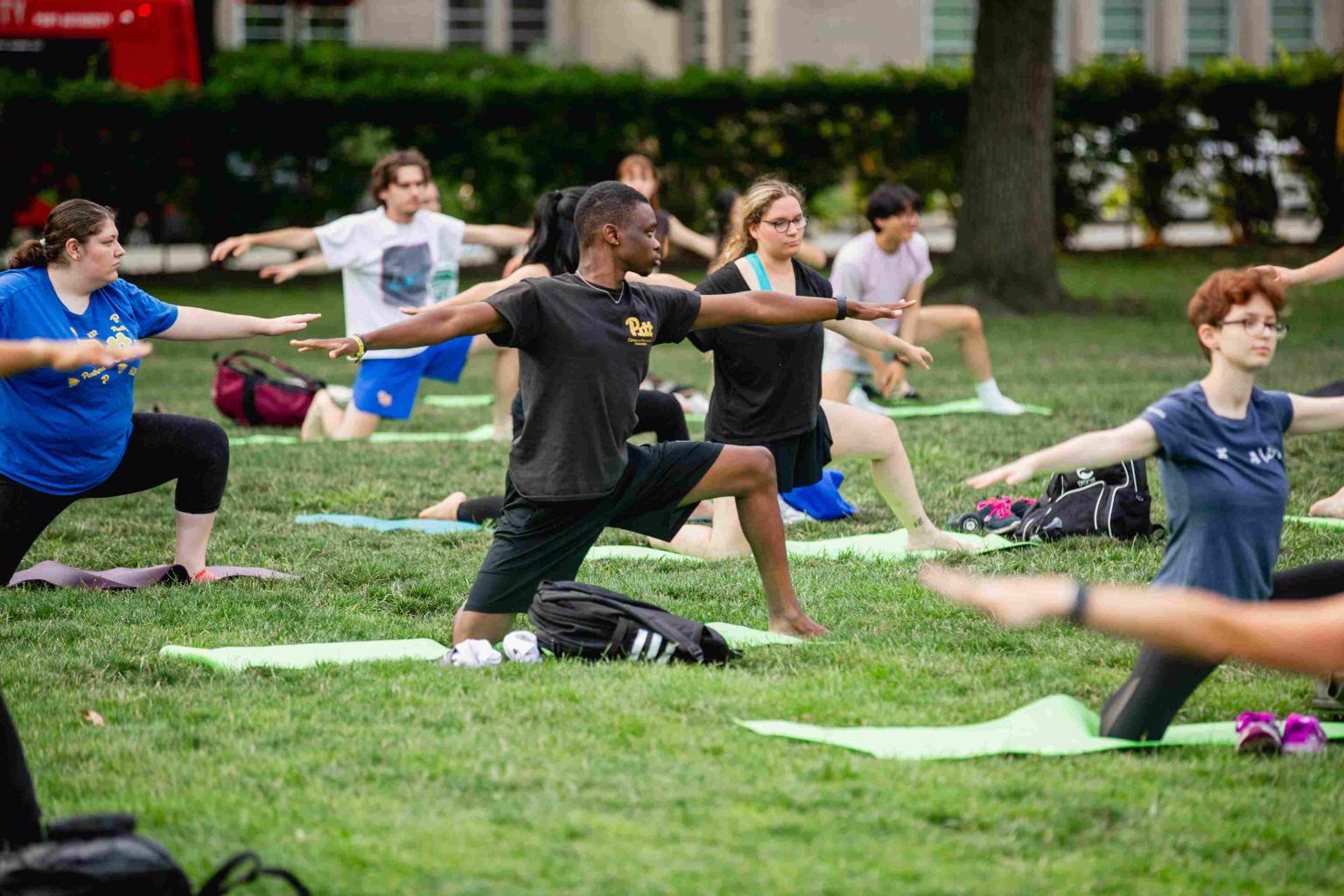
The Office of Health Education & Promotion (OHEP) provides a variety of programs and services to enhance and support student well-being.

OHEP offers a variety of workshops on wellness topics such as nutrition, alcohol safety, safer sex/STI prevention, stress management and resiliency. These programs can be requested by residential halls, student organizations, or classrooms.

OHEP provides the sanctioned education programs for substance-related violations involving alcohol (PEAR 1 & PEAR 2) and cannabis (PACE 1 & PACE 2).

All incoming students are required to complete online educational modules from Vector Solutions. Modules may also be assigned to a student if they are sanctioned to complete a module by Student Conduct, or if an organization or office assigns a module for training or education purposes.

Join us for events and programs throughout the year!